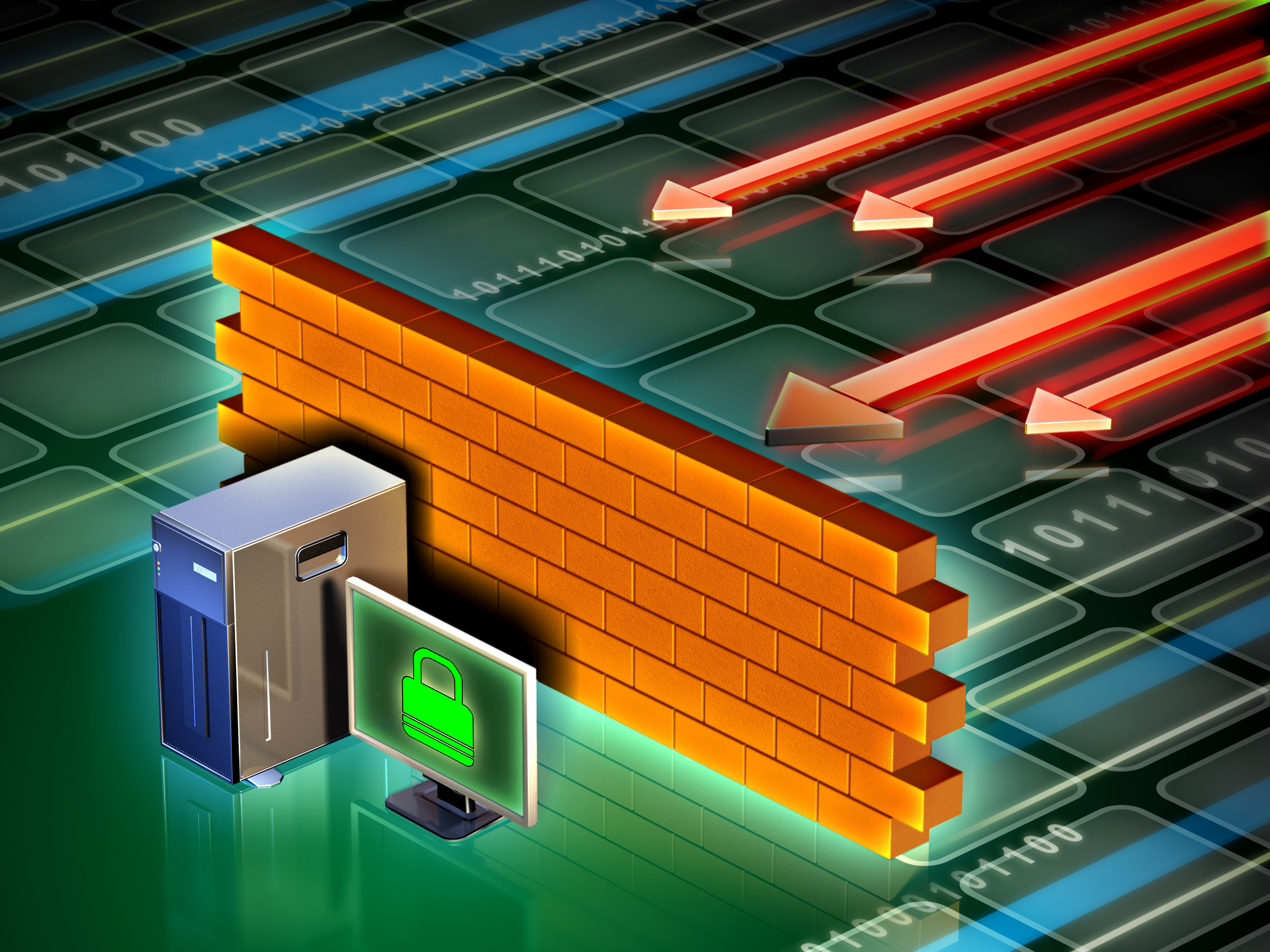
By: Daryl Smith on January 27th, 2023
Understanding Firewalls: Your Practice’s Technology Sentinel
Most of us have a basic understanding around the concept of firewalls: They are network security hardware systems or software applications (sometimes a combination of both) that monitor and control incoming and outgoing network traffic based on predetermined security rules. A firewall typically establishes a barrier between a trusted network and an untrusted network, like the Internet.
Eric Adams, Operation Manager at Integrity Systems & Solutions, likens a firewall to a drug-sniffing dog. “It inspects every single piece of information flowing in and out of your network environment and immediately responds if it comes across anything potentially malicious and blocking what it can,” he explains.
A Key Element in a Multi-Layered Security System
Among the more beneficial aspects of current firewall technology is that it’s proactive, seeking out potential breaches and malware before they become an issue. In that sense, a firewall is your first line of defense, notes Adams, and it does a great deal to help thwart initial attacks on your network.
In addition, firewalls can help you get fairly granular in stopping bad actors from entering your network. Its functionality allows you to control traffic by filtering out certain device accessibility, access from certain locations, and other touchpoints.
Think of your firewall as the sentinel in front of the gates, but understand that scammers have other ways to introduce literal Trojan horses into your system.
“Because many firewalls are physical appliances that sit on and guard the network, they’re part of what should be a layered approach to security for any practice,” he says. “Security requires a multifaceted approach. You need anti-virus software on local systems and individual machines.”
The Role Your Staff Plays
There’s also a critical “people part.” You need to ensure that anyone on your staff who uses your computers understands the dangers of such scams as phishing, in which they unintentionally open or send emails that may have viruses or other malware associated with them. Also, have your staff regularly change their passwords. It’s worth noting that, according to Stanford University research, approximately 88% of data breaches are caused by employee error.
“Going back to covering your employees’ machines, you need to think beyond the walls of your practice space,” says Adams. “If your people are connecting to your network at home, that can be a risk. In addition to a strong firewall and antivirus software, there are group policy steps you can take that further protect individual laptops and computers. You also need to consider connections between satellite offices. The point is to protect your network and machines to the best of your abilities, no matter where your people are.”
But It All Starts with Your Firewall
“You’re only as good as your weakest link,” says Adams. “We’ve seen some practices with consumer-grade firewalls in place. Do you really want to protect your business with the same type of equipment you do at home? Given the overall size of traffic and the sensitive nature of your communications, you really need to consider an enterprise-grade, or at least business-grade, firewall. You also have to ensure that you’re doing firmware updates regularly. Hackers are constantly raising their games, finding different points of entry and creating new scams, and those updates are key to keeping your network protected.”
Comprehensive security goes beyond your firewall. Exploits by unknown attackers can cause you downtime, potential loss of data, and even possible repercussions from regulatory agencies. Integrity Systems & Solutions offers a comprehensive suite of security solutions to mitigate these threats—all which operate in the background, leaving you free to worry less and focus on your practice.


